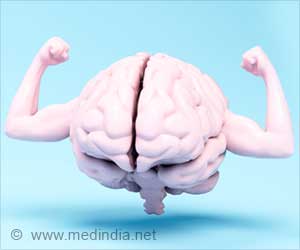Clinical depression and sickness behavior may have common inflammatory pathways. Michael Maes et al made valuable efforts to establish the fact that depression and sickness behavior are Janus-faced responses to shared inflammatory pathways. Their paper was published in BMC Medicine 2012.
Depression makes people sad, disheartened, worthless, irritable and restless. They lose interest in any kind of social activity and prefer isolation.Sickness behavior, on the other hand, is described as “a coordinated set of adaptive behavioral changes that develop in ill individuals during the course of an infection.” Sickness behavior affects the lifestyle of an individual by bringing about changes like excessive sleep, fatigue, and sometimes insomnia, loss of energy, aches and digestive problems.
Sickness behavior is the body’s response to immune trauma and infections and is known to be mediated by pro-inflammatory cytokines. It is a protective mechanism of the body to accelerate recovery by energy conservation. For example, fever accompanying sickness behavior helps to fight infection. Certain similarities exist between depression and sickness behavior such as fatigue, sleepiness and failure to concentrate. In addition, the three symptom dimensions of depression, which are melancholia (a failure to react to pleasurable stimuli, and excessive psychomotor retardation and weight loss), anxiety, and physio-somatic symptoms like increased sensitivity to pain are also observed in sickness behavior.
There are also some differences between the two conditions. Symptoms of depression not observed in sickness syndrome include suicidal ideation, symptoms of guilt and worthlessness, excessive eating and weight gain. Depression is usually a progressively worsening condition associated with functional deterioration. On the other hand, sickness behavior is an acute, short-term state where the body aims to combat an infection or trauma and hence enhance recovery.
The researchers note that “Translational studies show that inflammatory pathways may account for sickness behaviour as well as clinical depression and, therefore, may explain the partial phenomenological overlap between both conditions.”
Thus, though both these conditions share common inflammatory pathways, the inflammatory pathways provoke two different responses, a beneficial sickness behavior which is a compensatory reflex reaction, and clinical depression, which is a progressive disabling disorder.
Depression and sickness behavior are Janus-faced responses to shared inflammatory pathways; Michael Maes et al; BMC Medicine 2012















